What happens to the boardroom activists if the Indigenous voice to parliament fails?

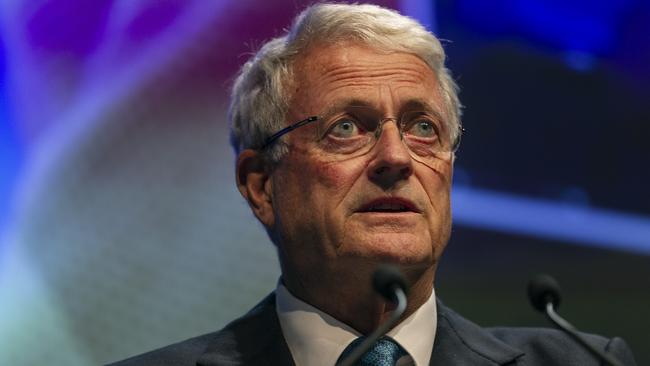
The overreach by Indigenous activists, by legal activists, by much of the media and, of course, by the Albanese government is underpinned by deception and an arrogant belief that Australians apparently don’t need to consider the risks of the proposed constitutional amendment.
Corporate overreach deserves close scrutiny, too. A few weeks ago, businessman Michael Chaney claimed that opposing the voice would “betray” the Australian people. This paper reported him as saying other chief executives universally shared his view.
When I asked other CEOs, I discovered there was no universal agreement. Few would go on the record, though; who wants to be accused, even wrongly, of betraying their country?
As one hugely successful and very astute businessman, a big and committed donor to Indigenous education, told me: “We’re being asked to go into a huge experiment with just the promise that nothing will go wrong. Most government projects, as I’ve experienced them, absolutely go wrong, most of the time. They cost overrun, they’re often very poorly implemented and they often don’t produce the result that they’re supposed to produce. But somehow this one’s going to be perfect?”
This observation and Chaney’s intervention invites closer scrutiny of a host of Australian companies and not-for-profits that have sided with the voice. This would also be true if their boards advocated against the voice, but since there appears to be none, or a minuscule number, who are against the voice publicly, the analysis that follows focuses on board members who have signed up companies and other organisations they do not own to the Yes campaign.
Let’s start with legal overreach. The first thing governing bodies of companies and NFPs must do is discharge their statutory and fiduciary obligations of care. They shouldn’t make any decisions in relation to the voice, or any other matter, without getting appropriate legal and commercial advice on what this proposal, if successful, would mean for their enterprise.
For example, did the boards of BHP and Rio Tinto seek clear advice on the possible and probable impact of the voice on environmental, planning and other processes for their existing and future projects? If they didn’t do this before throwing the company’s name and money behind the Yes case, then there are legitimate questions as to whether they breached their duties to shareholders.
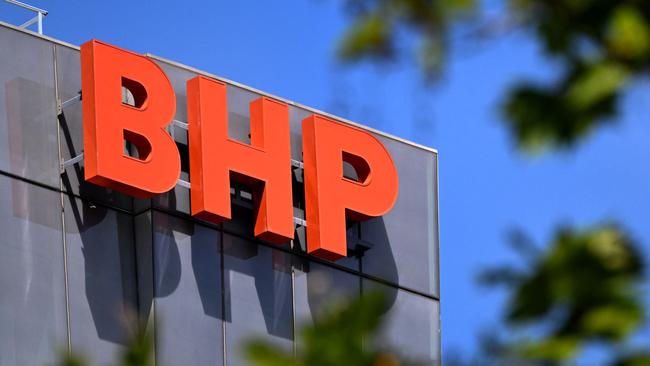
Patently these companies – and other large Australian companies – woke up (in the proper sense of woke) far too late to the implications of the Albanese government’s industrial relations changes in relation to, among other things, pattern bargaining and “same job, same pay”. They claim they weren’t told about the government’s industrial relations plans.
That excuse won’t work when it comes to the voice. If these boards discover, as many of us suspect, that the voice will be able to hold future mining projects hostage as leverage for reparations and a treaty, board members cannot then claim they didn’t anticipate these consequences.
Shareholders may consider class actions against these companies for being negligent in failing to consider the foreseeable consequences of a major constitutional change that negatively impacts their company.
We’re not done with legal overreach. Companies and NFPs must use shareholder funds and company assets for proper purposes, and in the best interests of their entity. Directors are not entitled to devote company money to the pet political and social projects of a few directors, or even all of the directors, without clear evidence this is in the best interests of the company.
Using BHP and Rio as an example again, there is perhaps an argument that maintaining relationships with Indigenous Australians justifies them supporting constitutional recognition in a preamble. But it is entirely spurious to claim that maintaining relationships with Indigenous Australians requires the kind of maximalist, overreaching change to the Constitution proposed by the voice amendment.
A passionate director may take that view personally. But personal passion is not a legal substitute for using other people’s money, and a corporate brand, for a proper purpose. A more considered and proper course of action for passionate directors is to use their own money on the Yes campaign, not shareholders’ money.
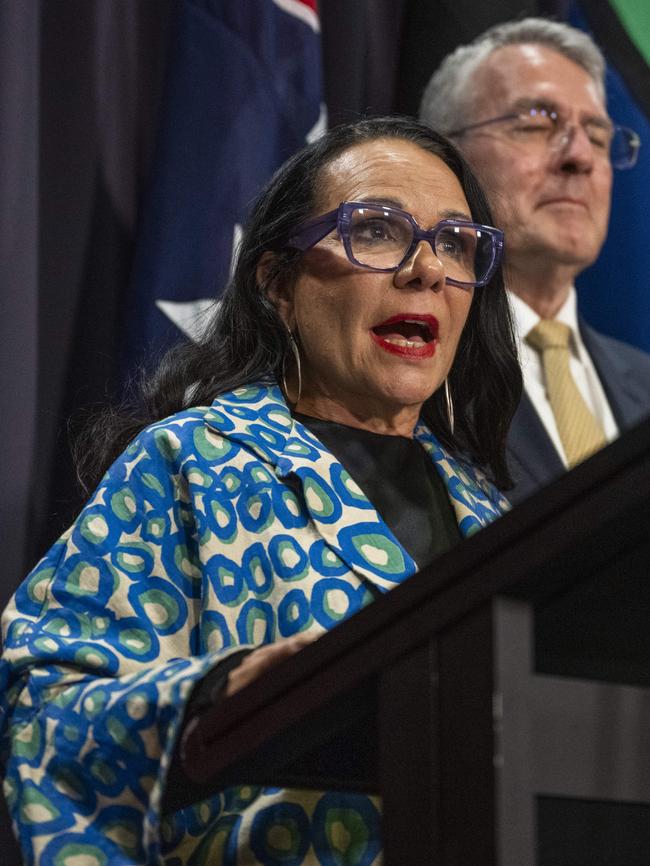
NFPs, in some respects, face even tougher legal hurdles in actively supporting the voice. The Australian Charities and Not-for-profits Commission has published guidelines in relation to advocacy for the voice, pointing out that if “a charity plans to undertake advocacy activities, it must be able to demonstrate why it considers its advocacy furthers its charitable purposes”.
The “charitable purposes” of most NFPs are pretty tightly drawn for the reason that NFPs should stick to their particular objects and not be used by directors or governing bodies for their pet projects.
Failure by a charity to stick to its purpose should deprive it of the special tax advantages we confer on it, and the ACNC should be vigilant in policing activities of NFPs for this reason.
These legal issues are not the end of the overreach. Boards need to take accountability for their actions even if legal. After all, it takes great self-confidence, perhaps even arrogance, for a board to commit their entity to a position in a hotly contested political controversy, at best only marginally connected to their entity’s core business, which they know perhaps half their stakeholders deeply disagree with and may even resent.
Senior Australian businessman Graham Bradley is a rarity. He’s willing to speak up, and against the herd. He told me this week: “I don’t believe the voice is a topic where companies have a legitimate authority to take a public corporate position, unlike economic, industrial, trade, taxation or corporate governance policy issues where corporations have a responsibility to their shareholders, employees, customers and other stakeholders to advocate what they believe is good public policy in the national interest.
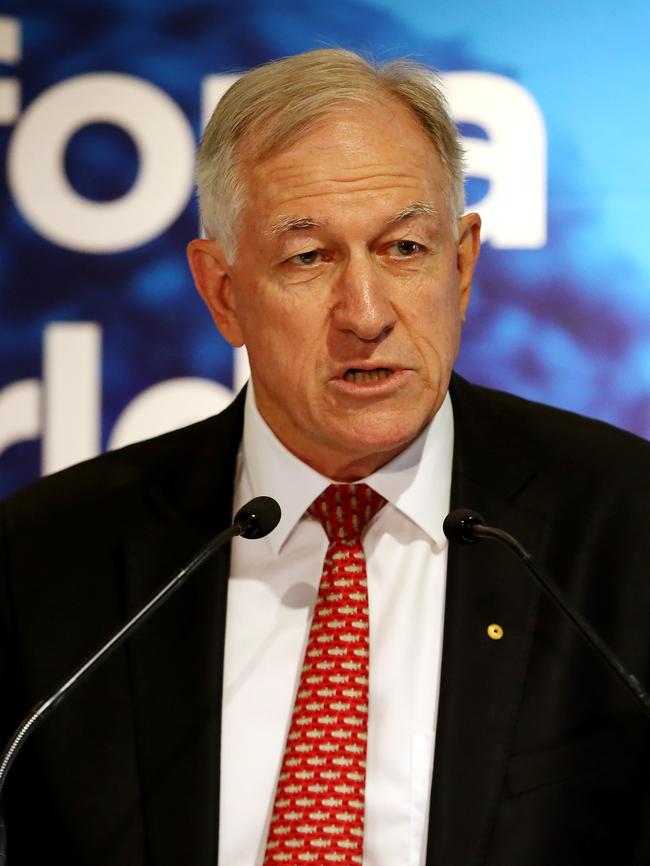
“Many companies have taken a public position on the voice prematurely, before the parliament had voted on the wording of the referendum proposal. This is poor governance even if you view the voice as an issue where corporate entities have some legitimate advocacy role.
“I question for whom companies speak on issues such as this. Is it their shareholders? Have they canvassed the views of their shareholders before becoming advocates? Or is it employees and have they been canvassed? Customers? If these stakeholder groups were to be canvassed and were likely found to be as divided as the general community, it would in my view be wrong for a board to take a public advocacy position in the name of the company. Better to let individual executives take positions in their own name, not usurp their stakeholders by taking corporate positions.”
If the referendum is successful, we can be sure those boards will crow about being on the right side of history. Alas, after the celebrations, a referendum win won’t hide the cost to the company – and shareholders who own the company – of the voice.
If the referendum fails – after the inevitable grumbles about a country being betrayed – what will board members who signed up a company owned by others to the Yes side do then? Accountability should translate into them resigning. But will they be accountable for their actions?



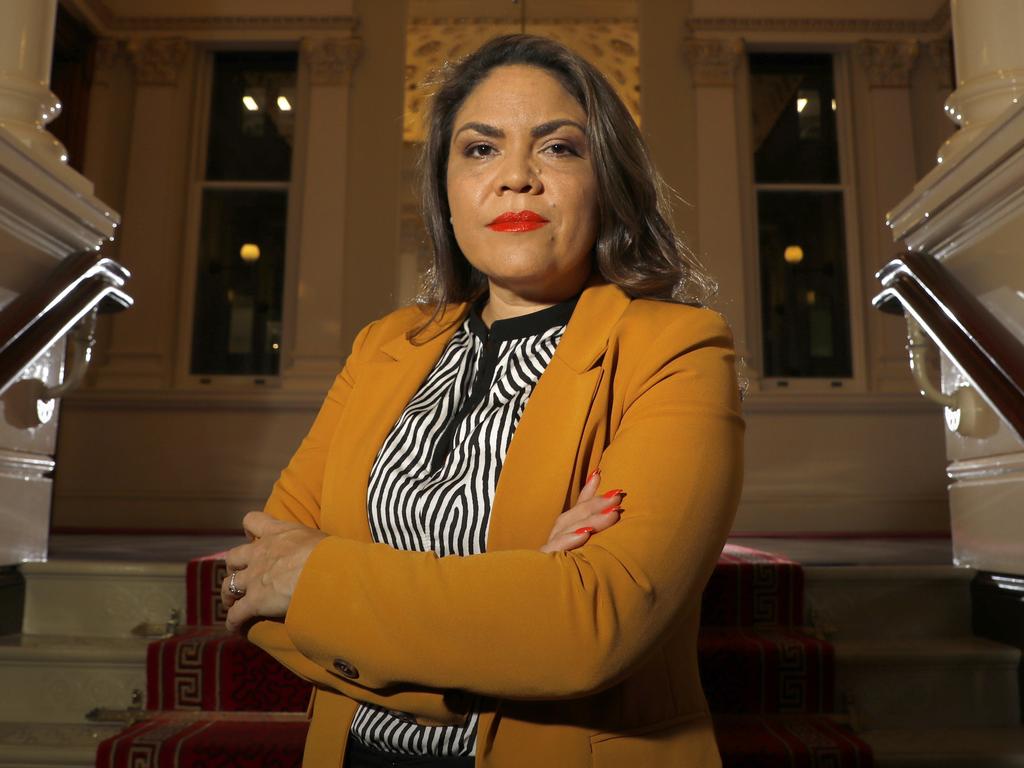



One word sums up the voice campaign: overreach.